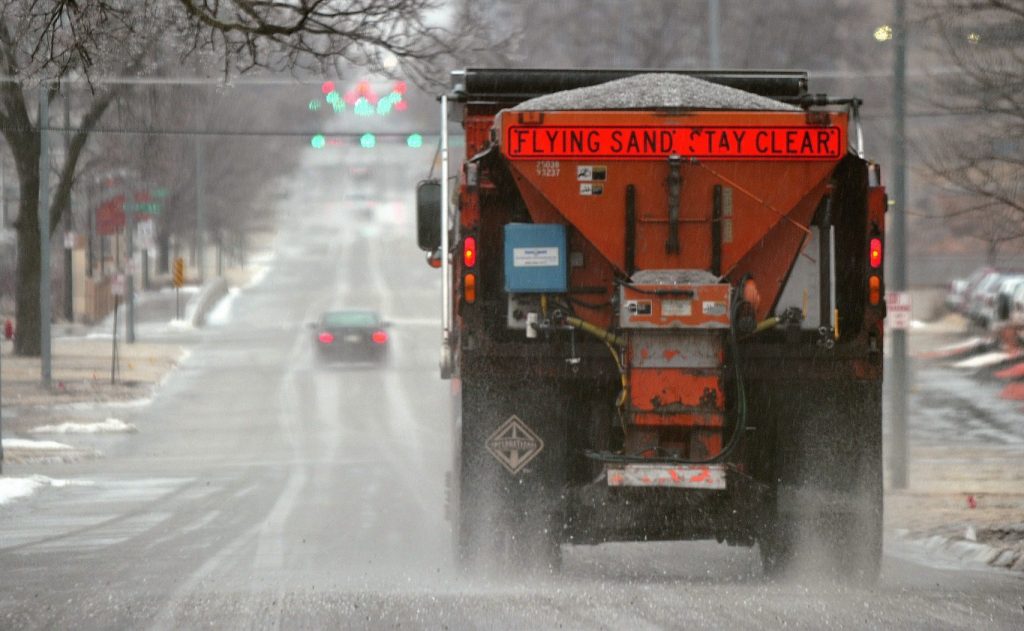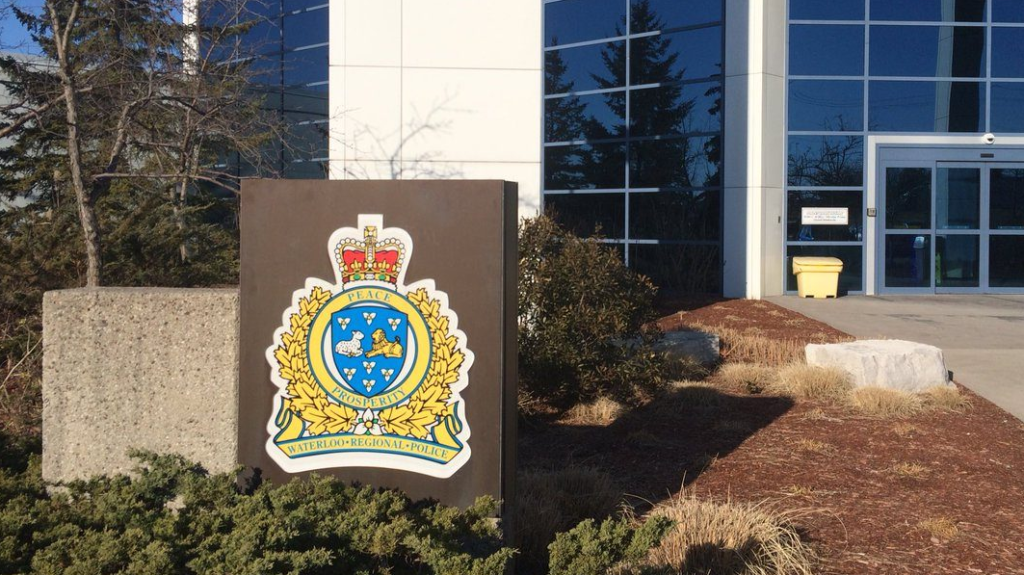Salts used on roads and sidewalks in the winter affecting fresh water sources: U of G prof

Posted Nov 24, 2023 11:56:34 AM.
Last Updated Nov 24, 2023 02:20:32 PM.
With snow expected this weekend, a professor from the University of Guelph is warning of the dangers of over-salting.
Dr. Ryan Prosser, a professor in ecotoxicology at the school of environmental sciences, said the water flowing from roads and sidewalks are making lakes, rivers and streams more salty. This is due to the water not being as diluted and affecting wildlife that has evolved and live in fresh water sources, such as fresh water mussels.
One of the big drivers of using more salt is due to the rising population of cities like Kitchener and Waterloo.
“I am concerned about the impact that it is going to have on our fresh water ecosystems,” said Prosser. “It’s going to become harder with more people and greater road density and more road salt.”
The goal would be to use less salt, said Prosser. But this can come with its own risks due to liability for not salting driveways and roads.
“Ideally, we would want to see individuals or commercial properties to use salt sparingly. But on their side, they’re concerned about the liability aspect,” said Prosser. It’s still trying to find a happy medium between the two.”
Some alternatives have been suggested, such as a beet juice-based brine. However, Prosser said this is still toxic to ecosystems because of the higher levels of potassium.










